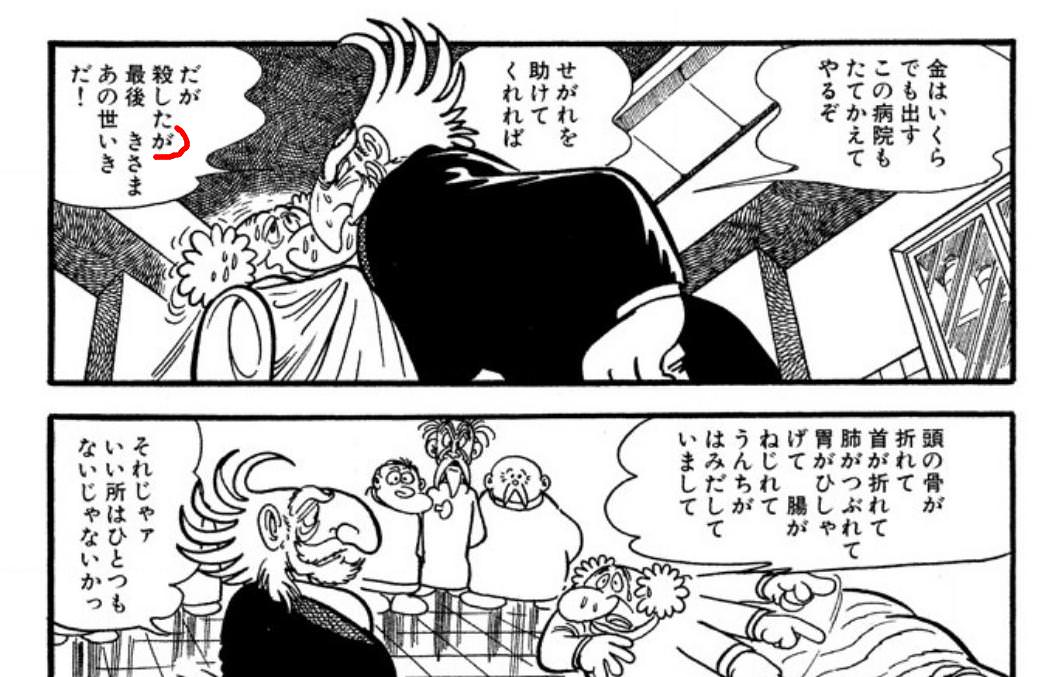だが[殺]{ころ}したが[最後]{さいご}きさまあの[世]{よ}いきだ!
I understand this sentence as,'if you kill him, you are following him to the netherworld'.
I intuitively understand this が as conditional but I am not sure. I haven't found anything which ascertains or confirms this. But I have a strong feeling of it being a conditional. What kind of が is this and what is it called ? Also, is this some kind of polite form of たら・なら・ば ?
I've tried searching for this but I think I am missing its name or I am not searching it right. Any links relating to this would be awesome.
Thank you!


がand最後to be quite distinct. I searched them separately and because jisho.org said最後can mean right after in some context, I thought they did not really relate to each other except in this sentence.